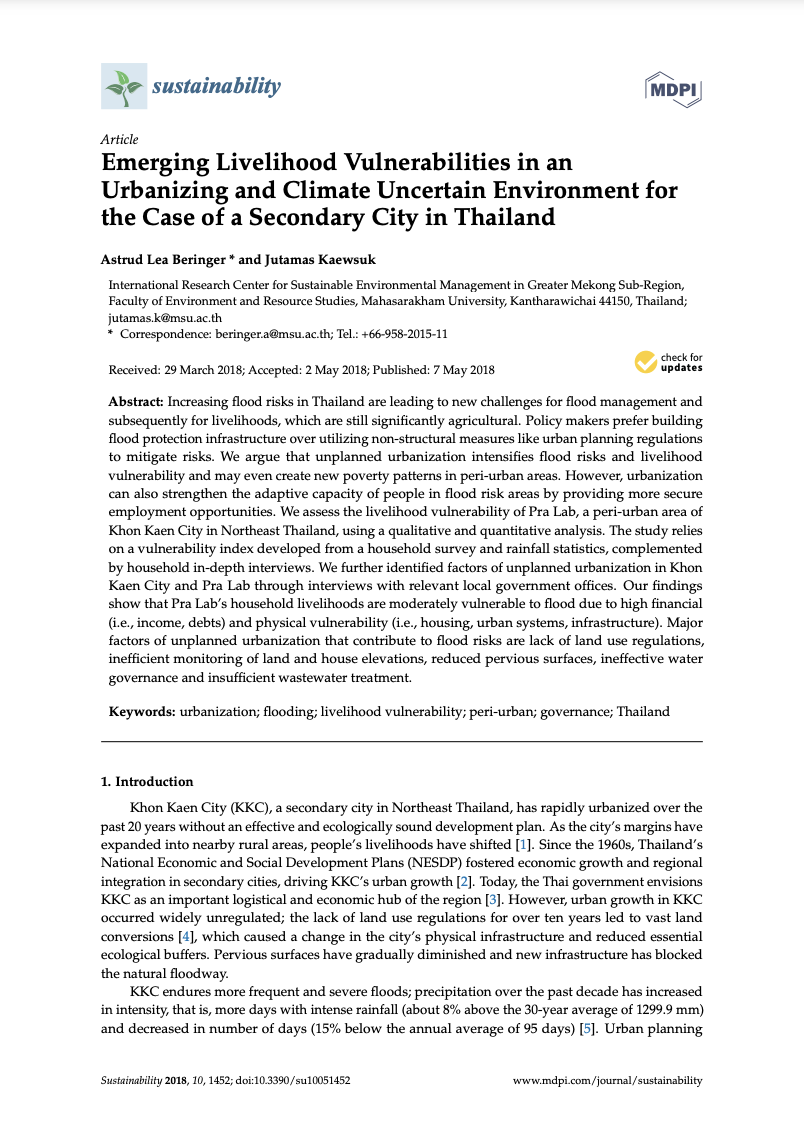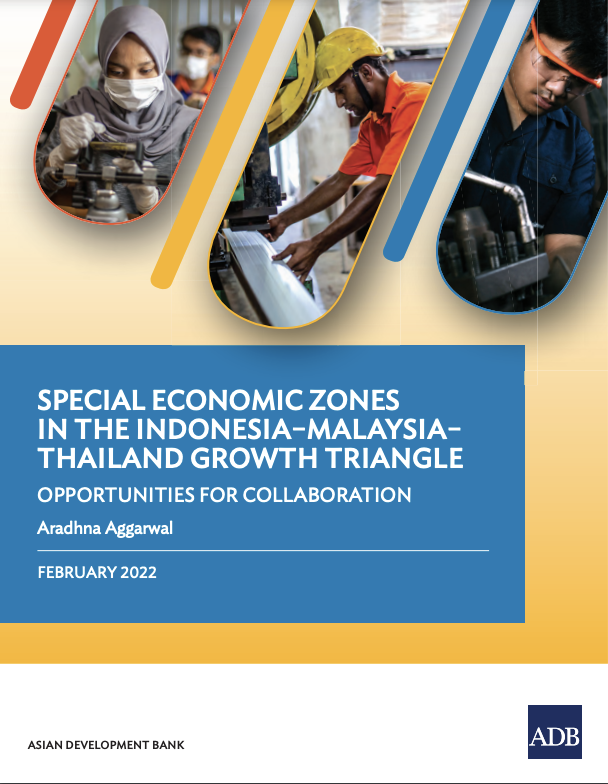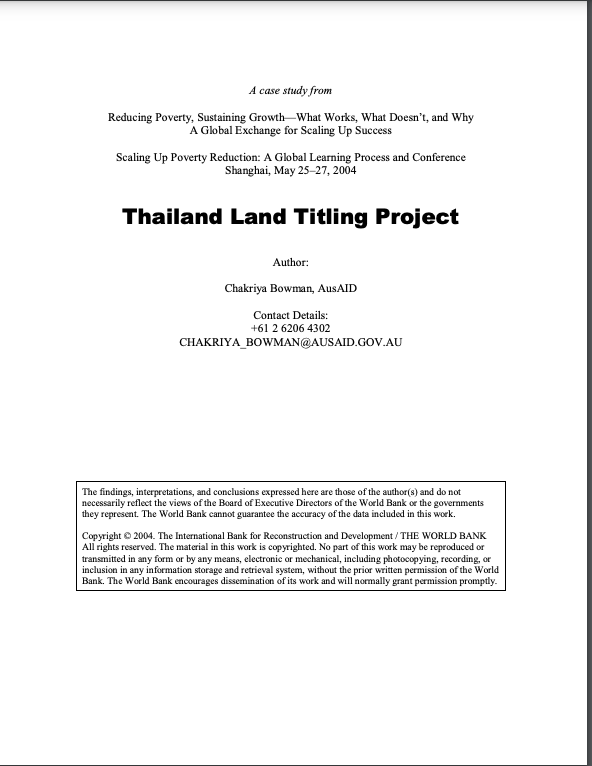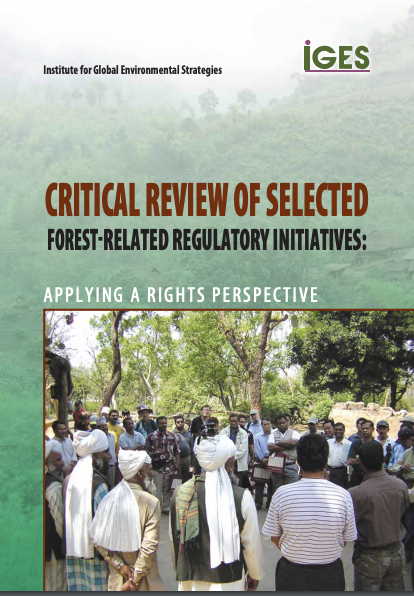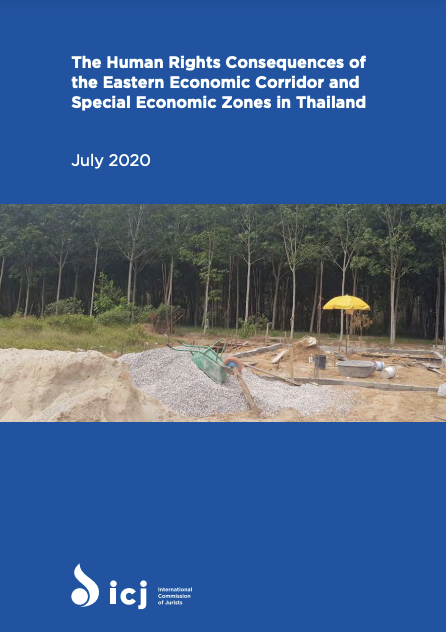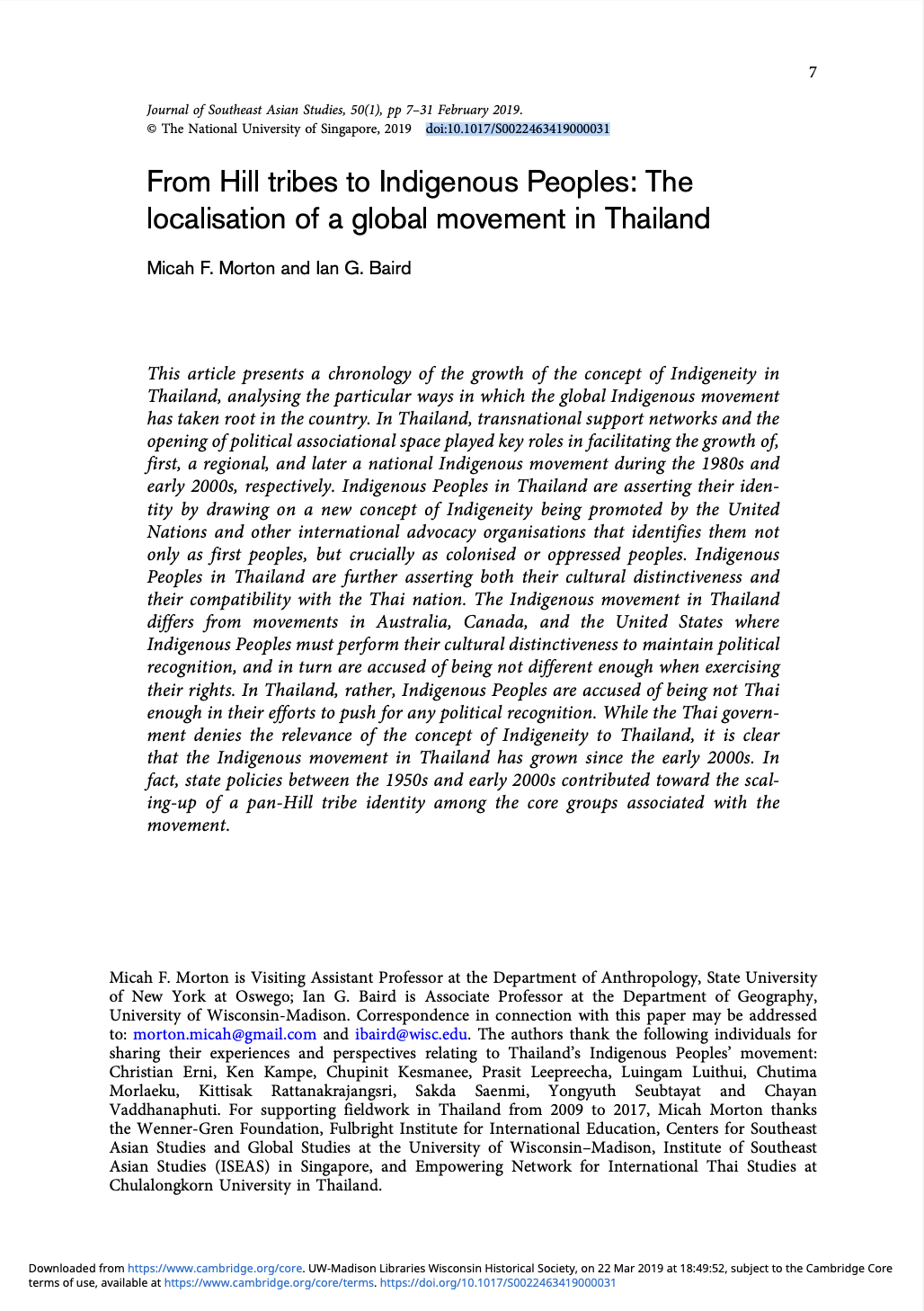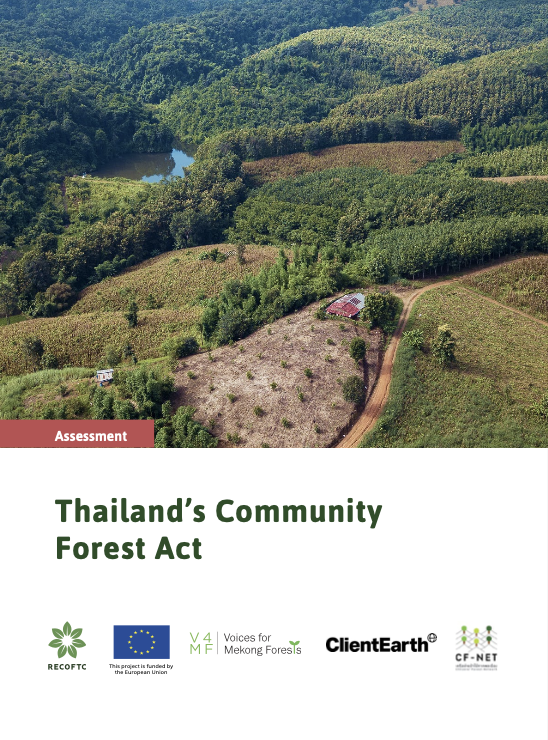
Topics and Regions
Daniel Hayward (UK) worked around Europe for 15 years as a dancer, choreographer and dance writer. Following retraining in sustainable development, he now works as an international development researcher, focused on land relations, agricultural value chains, gender, and migration. As well as working for Land Portal, Daniel is the project coordinator of the Mekong Land Research Forum at Chiang Mai University, and consultant for a variety of local and international NGOs and research institutes.
Details
Location
Contributions
Displaying 21 - 30 of 835Emerging Livelihood Vulnerabilities in an Urbanizing and Climate Uncertain Environment for the Case of a Secondary City in Thailand
ncreasing flood risks in Thailand are leading to new challenges for flood management and subsequently for livelihoods, which are still significantly agricultural. Policy makers prefer building flood protection infrastructure over utilizing non-structural measures like urban planning regulations to mitigate risks. We argue that unplanned urbanization intensifies flood risks and livelihood vulnerability and may even create new poverty patterns in peri-urban areas.
Special Economic Zones in the Indonesia-Malaysia-Thailand Growth Triangle: Opportunities for Collaboration
Mapping out and assessing the economic performance of SEZs across the subregion, the publication highlights the threats they face from digital technologies, rising competition for foreign investment and international trade standoffs. Against the backdrop of COVID-19, it details a range of practical steps designed to increase trade, create jobs, and build economic resilience across the three countries.
Thailand Land Titling Project
The Thailand Land Titling Project is an outstanding success story of inter-agency cooperation and received the World Bank Award for Excellence in 1997. It was designed as a four-phase project over 20 years and will finish in 2004. The project partners the Royal Thai Government, the Bank, and the government of Australia provided funds and personnel, with the Australian Agency for International Development (AusAID) supplying technical assistance and training programs to the Department of Lands (Thailand).
Critical Review of Selected Forest-Related Regulatory Initiatives
This report brings together four studies that evaluate regulatory initiatives with implications for forest-dependent communities from a rights-based perspective. These are: The Scheduled Tribes and Other Traditional Forest Dwellers (Recognition of Forest Rights) Act, 2006 – India; Regulatory initiatives and selected outcomes of judicial processes in Malaysia; The Community Forest Act (2007) – Thailand; and The Indigenous People’s Rights Act (1997) – Philippines. Each study covers law making, content and implementation.
The Human Rights Consequences of the Eastern Economic Corridor and Special Economic Zones in Thailand
The establishment and development of Special Economic Zones (SEZs) and the Eastern Economic Corridor (EEC) are a central part of the Thai government’s strategy to expand infrastructure and attract foreign investment. These areas have been designated for development pursuant to special legal and regulatory frameworks. SEZs can play a useful role in a country’s economic development strategy. However, in many instances, their establishment results in the dilution of legal protections for human rights and the environment.
From Hill tribes to Indigenous Peoples: The localisation of a global movement in Thailand
This article presents a chronology of the growth of the concept of Indigeneity in Thailand, analysing the particular ways in which the global Indigenous movement has taken root in the country. In Thailand, transnational support networks and the opening of political associational space played key roles in facilitating the growth of, first, a regional, and later a national Indigenous movement during the 1980s and early 2000s, respectively.
Thailand’s Community Forest Act: Analysis of the legal framework and recommendations
Thailand is undergoing an important development in its forestry laws. When the Community Forest Act B.E. 2562 was passed in 2019, Thailand had for the first time an official umbrella law to recognize community forestry. Subordinate laws still need to be developed to further clarify the Act for its implementation.

